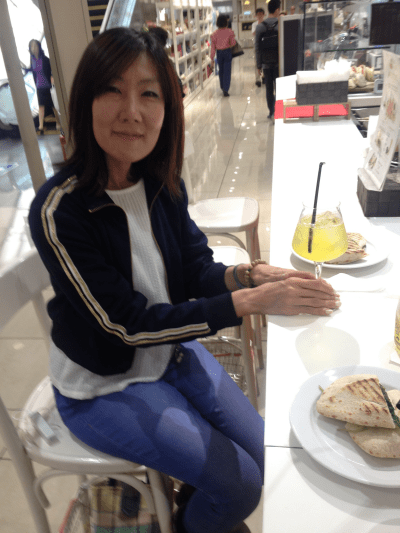Covid-19 clusters hitting retail and food sectors in Japan
Kanako Mita and Noriko Watanabe
Modern Tokyo Times

The coronavirus (Covid-19) crisis in Japan is increasing since the start of the Tokyo Olympics. Of course, the coronavirus crisis began early last year. However, since the Olympics, new daily highs of coronavirus infections have been announced throughout Japan.
It is abundantly clear that the Delta variant, first recognized in India, is highly infectious. Thus this variant is impacting strongly on Japan. Other new variants are also entering the country. Therefore, with Japanese workers and families also returning from Indonesia, Myanmar, Vietnam, and other nations in Asia, concerning the upturn in coronavirus deaths in these countries, the situation is rife for the recent peak in Japan.
This concerns the potent Delta variant, the Tokyo Olympics, Japanese returnees from nations struggling with the coronavirus, and inhibitions changing because of the Olympics taking center stage. At the same time, no government economic support to people struggling from the economic impact of the coronavirus means counter-measures are largely superficial.
Hence, recent daily highs of over 15,000 daily infections throughout Japan have been announced despite the limited number of PCR tests being done, compared with other G-7 nations. Therefore, more clusters in the retail and food sector are materializing. However, the full extent isn’t known because many companies are refraining from providing information about their respective coronavirus clusters.

Closures have occurred at Starbucks from time to time since the coronavirus crisis emerged in Japan. Yet in recent times, more closures have emerged since July. McDonald’s and other similar companies have also witnessed increasing coronavirus clusters.
Similarly, popular department stores in Shinjuku (Tokyo) to Umeda (Osaka) have been hit hard in recent weeks by coronavirus infections. The trendy Hanshin Department Store in leafy Umeda announced that 97 workers had tested positive. Therefore, the retail and food sectors are reeling from a recent upturn of new clusters.
Overall, while Prime Minister Yoshihide Suga and Tokyo Governor Yuriko Koike twiddle their Olympic thumbs, the coronavirus spiral since the Olympics is noticeable.
The food and retail sectors were already facing endless problems because of the longevity of the coronavirus crisis in Japan before the Olympics began. However, recent clusters and fear among the general public concerning fresh coronavirus highs will lead to further negative economic demands.
https://stopcovid19.metro.tokyo.lg.jp/en/ – Tokyo Metropolitan Government website for updates about the coronavirus crisis in Tokyo.
https://toyokeizai.net/sp/visual/tko/covid19/en.html – Japan and Tokyo Covid-19 news with more analysis
https://covid19japan.com/ – Japan regional coronavirus statistics
https://www.worldometers.info/coronavirus/ World coronavirus statistics

PLEASE SUPPORT MODERN TOKYO TIMES by DONATING
Modern Tokyo News is part of the Modern Tokyo Times group
DONATIONS to SUPPORT MODERN TOKYO TIMES – please pay PayPal and DONATE to sawakoart@gmail.com
http://moderntokyotimes.com Modern Tokyo Times – International News and Japan News
https://www.pinterest.co.uk/moderntokyotimes/ Modern Tokyo Times is now on PINTEREST
http://sawakoart.com – Sawako Utsumi personal website and Modern Tokyo Times artist
https://moderntokyonews.com Modern Tokyo News – Tokyo News and International News
PLEASE JOIN ON TWITTER
https://twitter.com/MTT_News Modern Tokyo Times